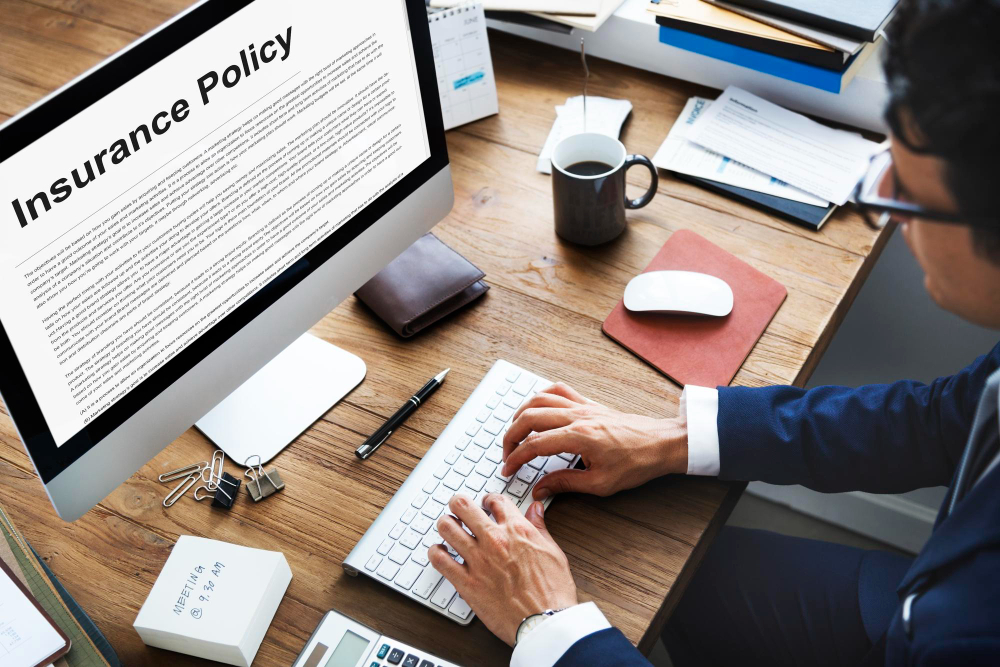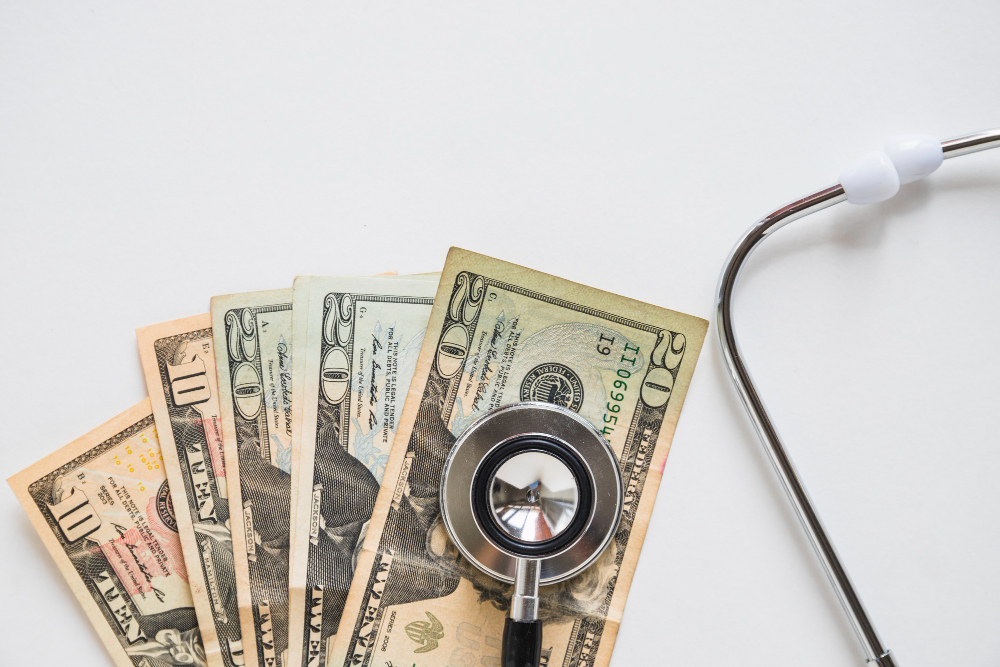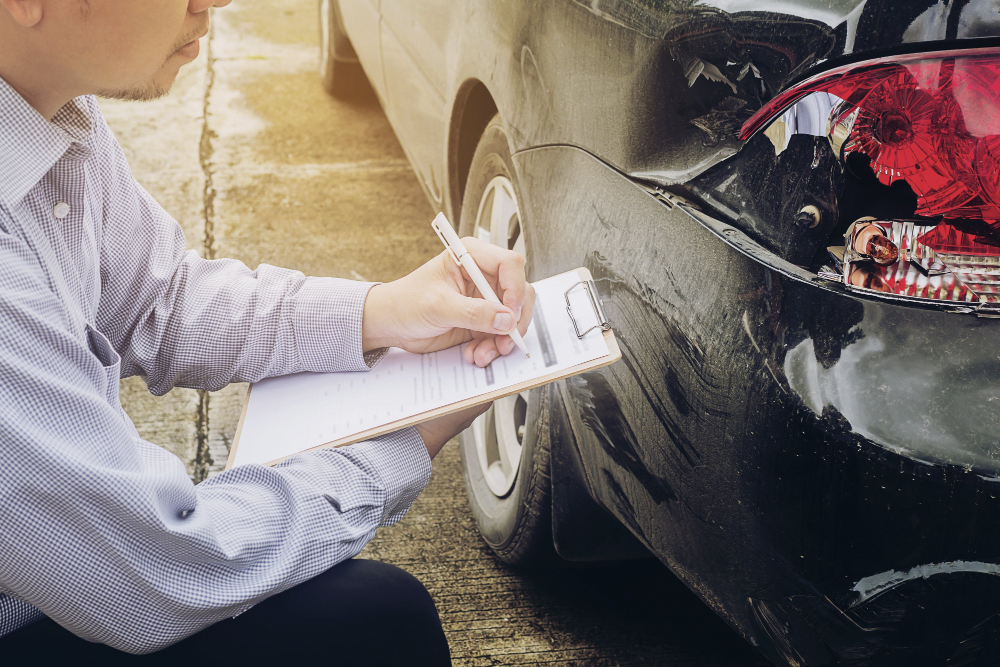Car accidents are a common occurrence on the roads, with millions of accidents happening each year in the United States alone. While most accidents result in minor damage to vehicles, some can unfortunately lead to serious injuries that require medical attention.
In such cases, one of the biggest concerns for those involved is who will pay for their medical bills. This is a valid concern, as medical bills can quickly add up and create a financial burden for an individual or family.
So, what happens if you are involved in a car accident and sustain injuries? Who will cover the costs of your medical treatment? Below, we will discuss the different options available for covering medical expenses after a car accident.
Insurance Coverage

The first option is to rely on insurance coverage. If you have car insurance, your policy may include Personal Injury Protection (PIP) or Medical Payments (MedPay) coverage. These types of insurance can help cover the costs of medical treatment, regardless of who is at fault for the accident.
Depending on your policy limits, PIP or MedPay can cover a significant portion of your medical expenses. However, it’s important to note that these coverages may vary by state and insurance company.
For example, in some states, PIP may only cover a certain percentage of medical expenses up to a specific limit. In other states, MedPay coverage may be optional or not available at all. It’s important to carefully review your policy and consult with your insurance provider to understand the specific coverages and limits for your state.
Health Insurance

If you have health insurance, it can also provide coverage for medical expenses after a car accident. However, the coverage may be limited and subject to deductibles and co-pays. Yes, you may have to pay a portion of the medical expenses out of your own pocket, even if you have health insurance.
Some health insurance policies also have exclusions for injuries sustained in a car accident. For example, if you were driving under the influence of alcohol or drugs at the time of the accident, your health insurance may not cover any resulting injuries. It’s important to review your policy and understand what is covered and what is not in regards to car accidents.
Personal Injury Attorney
If you have been involved in a car accident and suffered injuries, it may be beneficial to consult with a personal injury attorney. These attorneys specialize in helping individuals who have been injured due to someone else’s negligence or wrongdoing. They can help you navigate through the legal process and ensure that you receive fair compensation for your injuries.
A personal injury attorney can also help you determine the best course of action to take to protect your rights and ensure that you receive proper medical treatment. They have a deep understanding of personal injury laws and can provide expert advice on how to proceed with your case. If necessary, they can also represent you in court and negotiate with insurance companies on your behalf.
Long-Term Medical Expenses

One of the main concerns for individuals who have been injured in an accident is the long-term medical expenses they may face.
Some common long-term medical expenses that may arise from a car accident include:
- Physical therapy or rehabilitation
- Ongoing medication or medical equipment needs
- Home modifications for disabilities
- In-home care or assistance
- Future surgeries or procedures related to the accident
- Follow-up appointments with specialists
It can be overwhelming to think about how these costs will impact your financial stability in the future. Fortunately, a personal injury attorney can help you seek compensation for these long-term medical expenses.
They can gather evidence to prove that your injuries were caused by the accident and that you will require ongoing medical care as a result. This evidence may include medical records, expert testimony, and financial projections for your future medical needs.
Lost Wages and Loss of Earning Capacity
One of the most significant impacts of a serious personal injury is the loss of wages due to being unable to work. This can not only create financial strain in the short term but also have long-lasting effects on your earning capacity. If your injuries are severe enough, you may be unable to return to work at all or may have to take a lower-paying job.
In addition to lost wages, you may also be entitled to compensation for loss of earning capacity. This refers to the potential income that you could have earned had you not been injured. Calculating loss of earning capacity can be complex, as it takes into account factors such as your age, education level, career path, and potential for promotions or advancements.
Emotional Impact

Being involved in a car accident can have a significant emotional impact on an individual. The trauma, stress, and anxiety from the accident itself, as well as dealing with injuries and medical treatment, can take a toll on one’s mental health. In some cases, individuals may also experience post-traumatic stress disorder (PTSD) or other psychological disorders.
The emotional impact of a car accident can also extend beyond the individual involved in the accident. Yes, family members and loved ones may also suffer from emotional distress as they witness their loved one go through a difficult time.
Seeking Compensation
If you have been injured in a car accident due to someone else’s negligence, you have the right to seek compensation for your damages. This can cover things like medical bills, lost income, and pain and suffering.
It is important to seek medical attention immediately after the accident, not only for your health but also for legal purposes. Keep a record of all medical treatment and expenses related to the accident.
Precautions to Take
To protect yourself from potential accidents, it is important to take certain precautions while driving. These include:
- Always wear a seatbelt – Seatbelts are designed to keep you secure in your seat during a collision and can greatly reduce the risk of serious injury or death.
- Follow traffic laws – Obeying traffic laws such as speed limits, stop signs, and red lights can help prevent accidents.
- Avoid distractions – Distracted driving, such as using a phone, eating, or adjusting the radio, can significantly increase the chances of an accident.
- Maintain a safe distance – Keep a safe distance between your vehicle and the one in front of you to allow for enough time to react in case of sudden braking.
- Check your blind spots – Make sure to check your mirrors and blind spots before changing lanes to avoid collisions with other vehicles.
- Be aware of weather conditions – Adjust your driving according to the weather, such as reducing speed in rain or snow to maintain control of your vehicle.
Conclusion
Car accidents can be traumatic and life-altering events. It is important to take all necessary precautions to prevent them, such as following traffic laws and being cautious while driving. However, if you do find yourself in a car accident, it is crucial to know your rights and seek appropriate medical and legal help.
Seeking compensation is not a sign of greed, but rather a way to ensure you receive the support you need during this difficult time. Prioritize your physical and mental well-being, as well as seek legal advice to protect yourself.
By taking these steps, you can navigate the aftermath of a car accident with confidence and ensure that your rights are protected.
Frequently Asked Questions
Do I have to call the police if it was just a minor accident?
Even for minor accidents, it is still important to call the police and report the incident. The police can document the details of the accident and create an official report, which can be useful for insurance claims and legal proceedings. They can also help with traffic control and assessing any injuries.
What if the accident was partly my fault?
In most states, there is a comparative negligence rule where each party involved in an accident can be assigned a percentage of fault. This means that even if you were partially at fault, you may still be able to receive compensation for damages.
But the amount of compensation may be reduced based on your percentage of fault. For example, if you were found to be 20% at fault for the accident and the total damages are $10,000, you may only receive $8,000 in compensation.
How can I demonstrate that the other driver was at fault?
There are several ways to prove fault in a car accident:
Police report: A police report is often the most important piece of evidence in determining fault. The responding officer will assess the scene, gather witness statements, and determine who caused the accident.
Eyewitness testimony: If there were bystanders or other drivers who witnessed the accident, their testimonies can help prove fault. It’s important to gather their contact information at the scene if possible.
Dashcam or surveillance footage: If there were cameras in the area, their footage can be used as evidence to determine fault. This can be especially helpful if there are conflicting stories or no eyewitnesses.

